Pacific Ocean “blob” fed massive toxic algae bloom
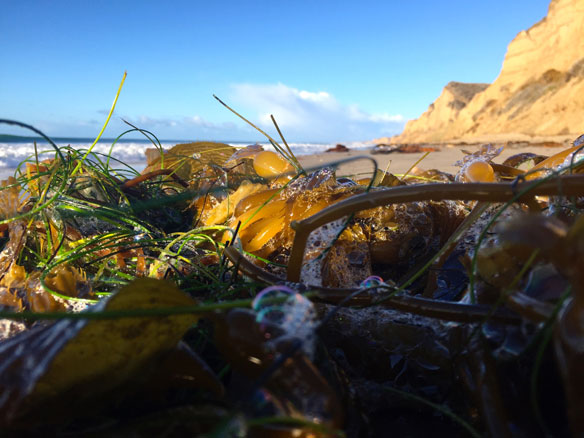
A new study finds that unusually warm Pacific Ocean temperatures helped cause a massive bloom of toxic algae last year that closed lucrative fisheries from California to British Columbia and disrupted marine life from seabirds to sea lions.
European Union ratifies landmark climate change deal
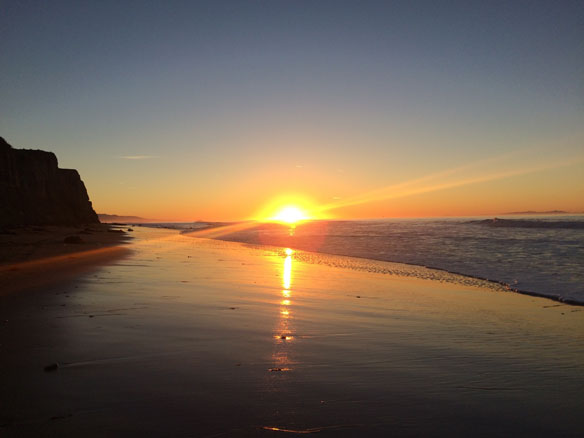
The European Union’s environment ministers on Friday approved the ratification of the landmark Paris climate change pact, paving the way for the agreement to take effect in November.
The world passes 400ppm carbon dioxide threshold. Permanently
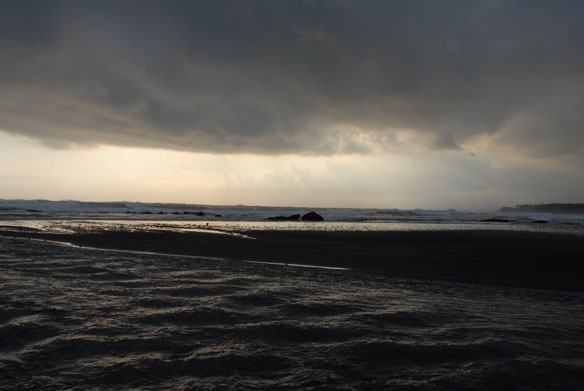
In the centuries to come, history books will likely look back on September 2016 as a major milestone for the world’s climate. At a time when atmospheric carbon dioxide is usually at its minimum, the monthly value failed to drop below 400 parts per million.
US emissions set to miss 2025 target in Paris climate change deal, research finds
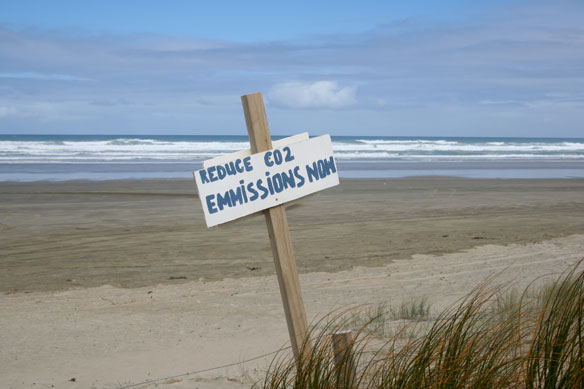
Even if US implements emissions-cutting proposals it could still overshoot target by nearly 1bn tonnes of greenhouse gases, according to scientific study. “We need to do more as a nation and globally to reduce emissions – we need fundamental changes in how we get and use energy.”
Study: Earth now the warmest it’s been in 120,000 years

New study paints a picture of an Earth that is warmer than it has been in about 120,000 years, and is locked into eventually hitting its hottest mark in more than 2 million years.
‘Ghost Forests’ Appear As Rising Seas Kill Trees
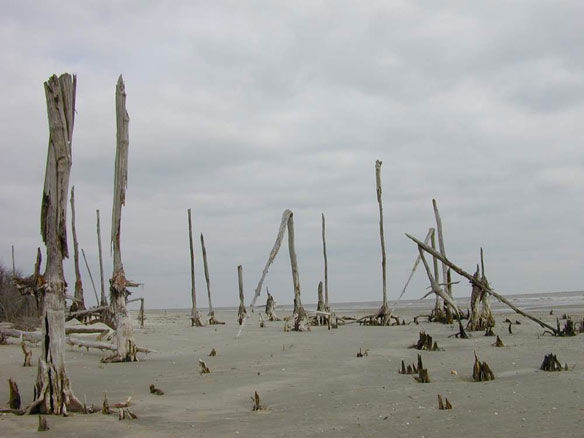
Bare trunks of dead coastal forests are being discovered up and down the mid-Atlantic coastline, killed by the advance of rising seas. The “ghost forests,” as scientists call them, offer eerie evidence of some of the world’s fastest rates of sea level rise.
Arctic Sea Ice Minimum Ties Second Lowest on Record
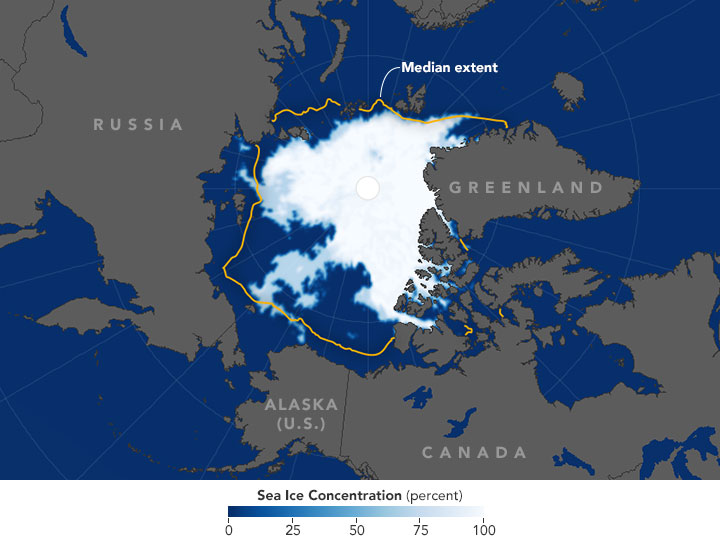
Arctic sea ice appeared to reach its annual minimum extent on September 10, 2016, tied with 2007 for the second lowest in the satellite record. Since satellites began monitoring sea ice in 1979, researchers have observed a decline in the average extent of Arctic sea ice in every month of the year.
Climate change increased chances of record rains in Louisiana by at least 40 percent
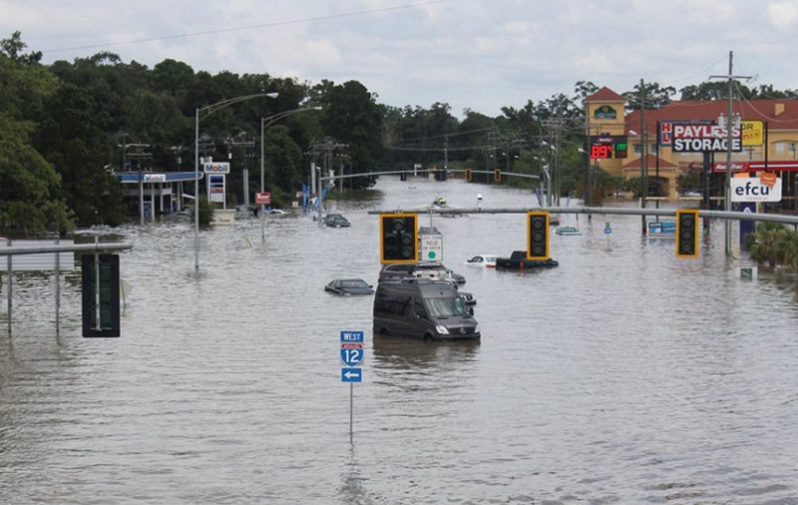
Human-caused climate warming increased the chances of the torrential rains that unleashed devastating floods in south Louisiana in mid August by at least 40 percent, according to a team of NOAA and partner scientists with World Weather Attribution (WWA) who conducted a rapid assessment of the role of climate on the historic heavy rain event.
Latest ocean warming review reveals extent of impacts on nature and humans

Ocean warming is affecting humans in direct ways and the impacts are already being felt, including effects on fish stocks and crop yields, more extreme weather events and increased risk from water-borne diseases, according to what has been called the most comprehensive review available on the issue.
